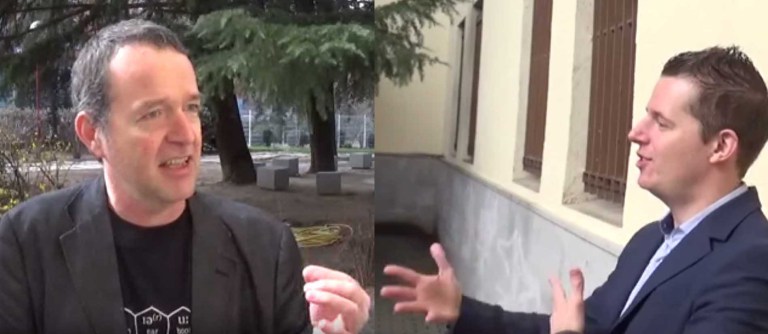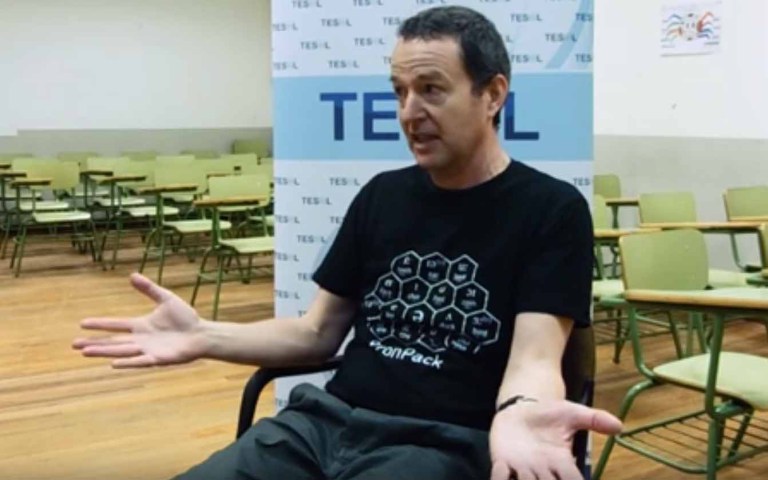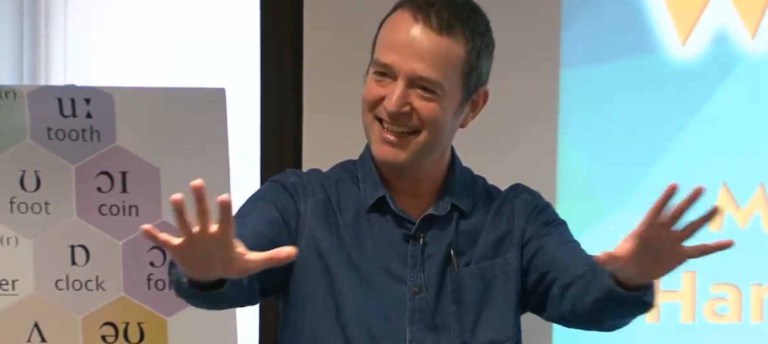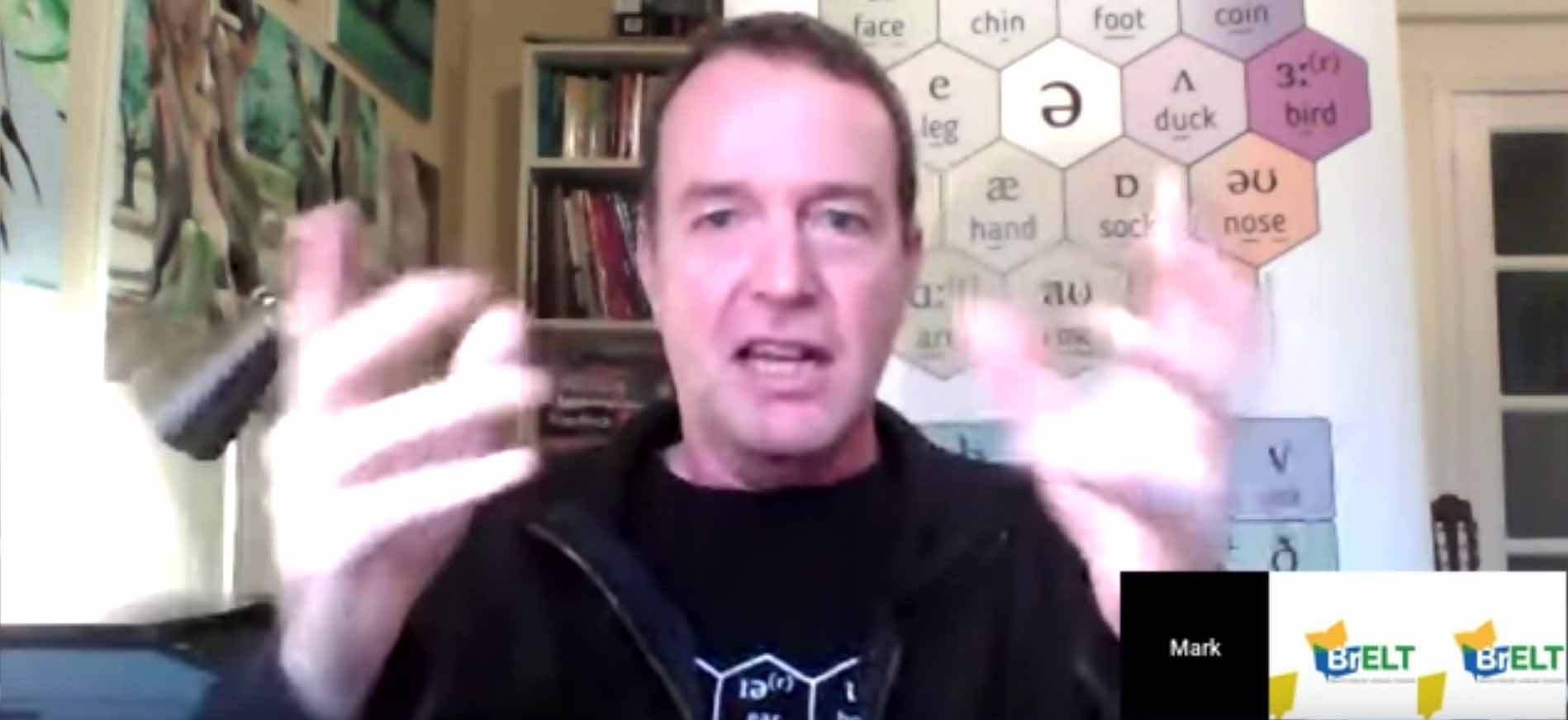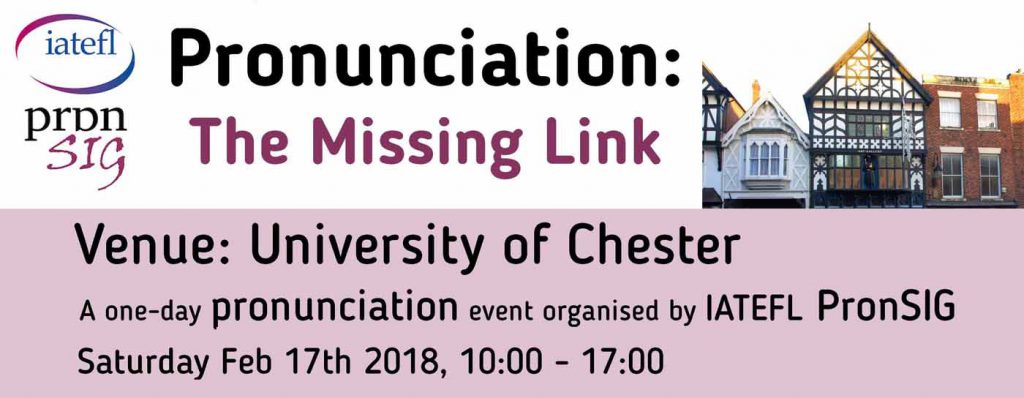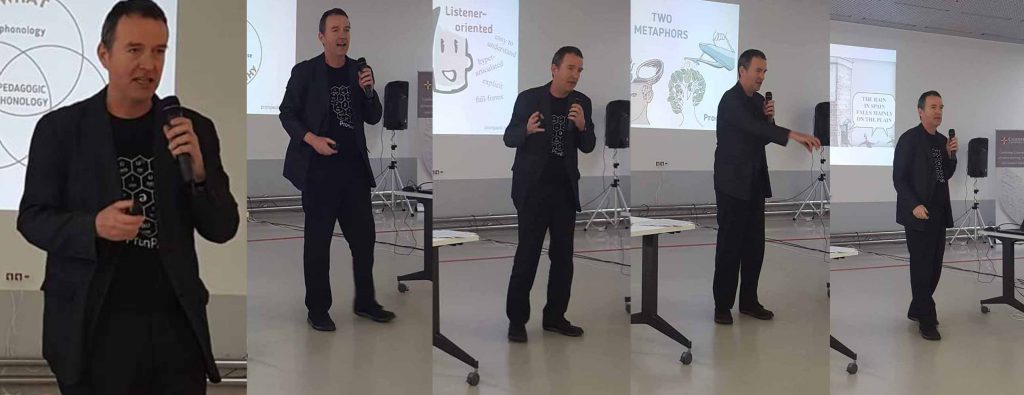
In my last post, article 2 in this series, I suggested that pronunciation teaching post-ELF must distinguish productive and receptive competences, and these will be asymmetrical.
In an English-as-a-lingua-franca speech community, we will pronounce locally and understand globally. The accent or range of accents we can produce will be much smaller than the range of accents we are capable of understanding. Continue reading “Post-ELF 3: A Hierarchy of Pronunciation Skills”


